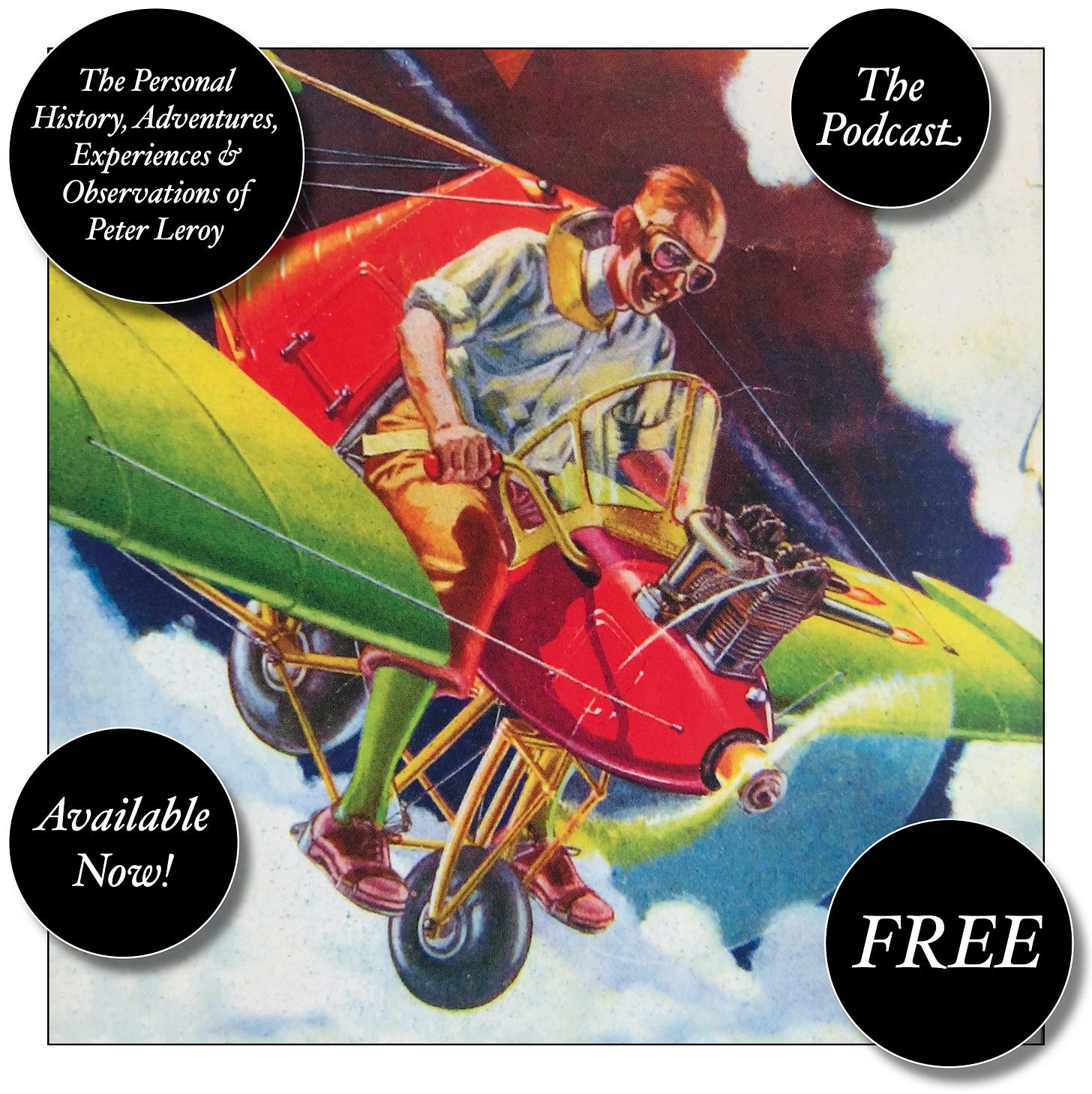I HADN’T FOUND Matthew, but I had developed a feeling for the kind of life he might be living there in Boston and I think that, as a result, I understood him better. Of course, there was still much more I wanted to know. I wanted to know how he spent his time, day to day, minute to minute. I would stand in my workroom looking out into the fog on the bay and ask myself, “What will become of him? What is he doing right now? What watchwords does he live by? What are his favorite foods?” Wanting to know those things led me to the writing of this book.
Every book is a means of discovery. I discovered things that I would just as soon have left hidden, but I wasn’t really surprised by what I found. Along the way, I felt myself trying to reach Matthew, to show him that he didn’t have to be living as he was. To the graffitist’s neat messages I added some of my own, trying to echo his style but also to show — as Erasmus tried to show — that the true Epicurean isn’t a bibulous glutton, but someone trying to understand the nature of things and to make out of his share of it all a life of happiness, goodness, the pleasures of the mind and heart — but who understands that, since a guy’s got to eat and drink along the way, he might as well enjoy himself.
OFTEN, while I was writing, I felt that I was struggling with Matthew, trying to pull him in a direction he didn’t want to go, and finally I gave up and let him go his own way, just as I had had to do those many years before, in the episode I mentioned earlier. It happened one summer when we were boys at summer camp together. There we took a course of instruction in lifesaving. Matthew was not a strong swimmer. I was. In the final test, each boy had to swim from shore to the middle of a small lake and bring back a victim, another camper who had paddled out in a canoe, thrown himself into the water, and begun thrashing convincingly. The instructor impressed on all of us the likelihood that the victim would resist help, and he urged the boys playing victims to resist fiercely, to work themselves up to a witless panic. Matthew played victim to my lifesaver. By the time I reached him, treading water had tired him. The panic he simulated was very convincing. He fought me with a furious irrationality that I couldn’t tell from the real thing. I couldn’t get a grip on him, but he certainly got a grip on me. He pulled me under, and I was taken by surprise, caught without a breath. When I fought free of him and regained the surface, I was gasping, spluttering, and humiliated. A maniacal fire flamed in Matthew’s eyes, and he reached for me again. I turned away from him and swam back to shore. The instructor pulled Matthew into his rowboat. Neither of us ever got our lifesaving certificates.
Peter Leroy
Small’s Island
June 23, 1989
In Topical Guide 408, Mark Dorset considers Author and Character, Relationships Between; and Satire and the Satirist
Have you missed an episode or two or several?
You can begin reading at the beginning or you can catch up by visiting the archive or consulting the index to the Topical Guide.
You can listen to the episodes on the Personal History podcast. Begin at the beginning or scroll through the episodes to find what you’ve missed.
You can ensure that you never miss a future issue by getting a free subscription. (You can help support the work by choosing a paid subscription instead.)
At Apple Books you can download free eBooks of Little Follies and Herb ’n’ Lorna.
You’ll find overviews of the entire work in An Introduction to The Personal History, Adventures, Experiences & Observations of Peter Leroy (a pdf document) and at Encyclopedia.com.














Share this post